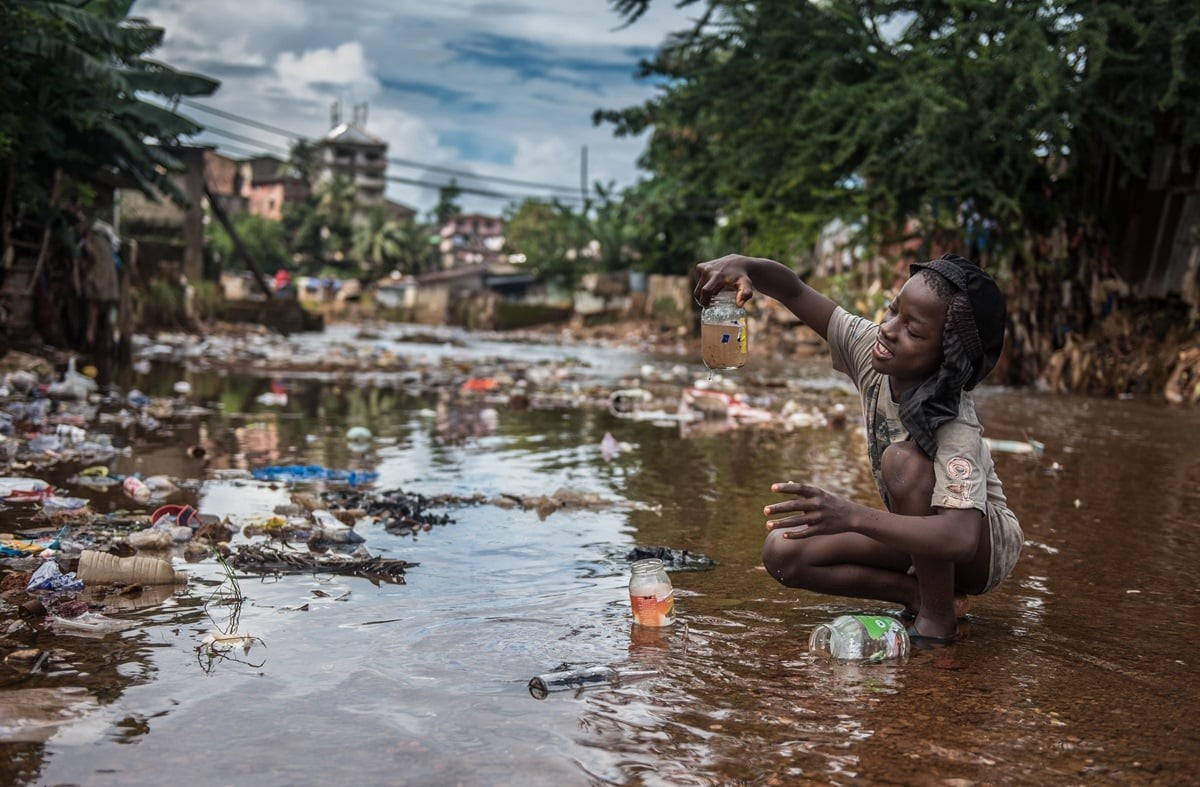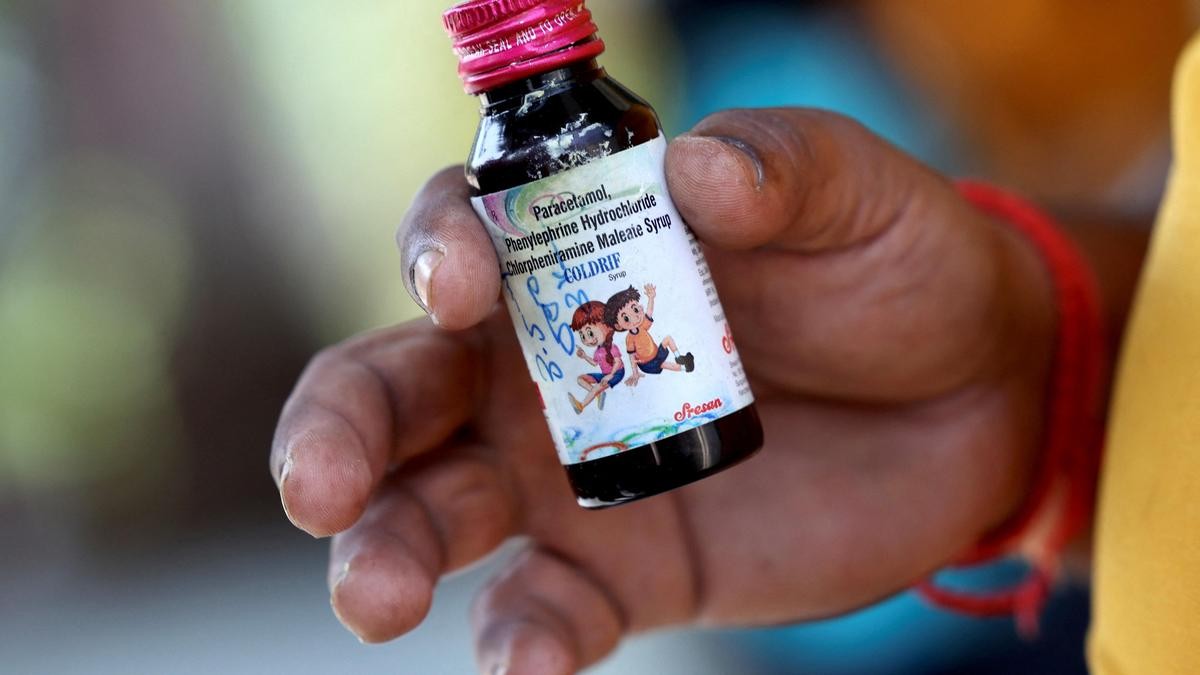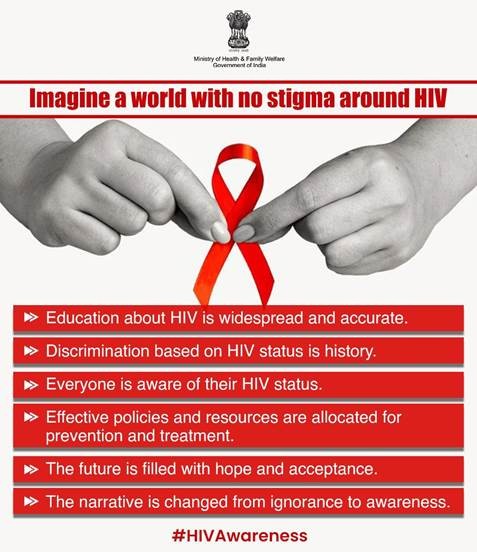





Source: WHO
Disclaimer: Copyright infringement not intended.
Context
Details
Euvichol-S
Prequalification
Cholera Outbreaks
What is Cholera?
Causes and Transmission:
Symptoms:
Risk Factors:
Prevention Measures:
Treatment:
Conclusion
Sources:
|
PRACTICE QUESTION Q. The prequalification of Euvichol-S by WHO represents a significant advancement in cholera prevention and control efforts. Continued efforts in vaccination, hygiene promotion, and water sanitation are essential in the fight against cholera and its devastating impacts on communities globally. Comment. (250 Words) |






© 2026 iasgyan. All right reserved